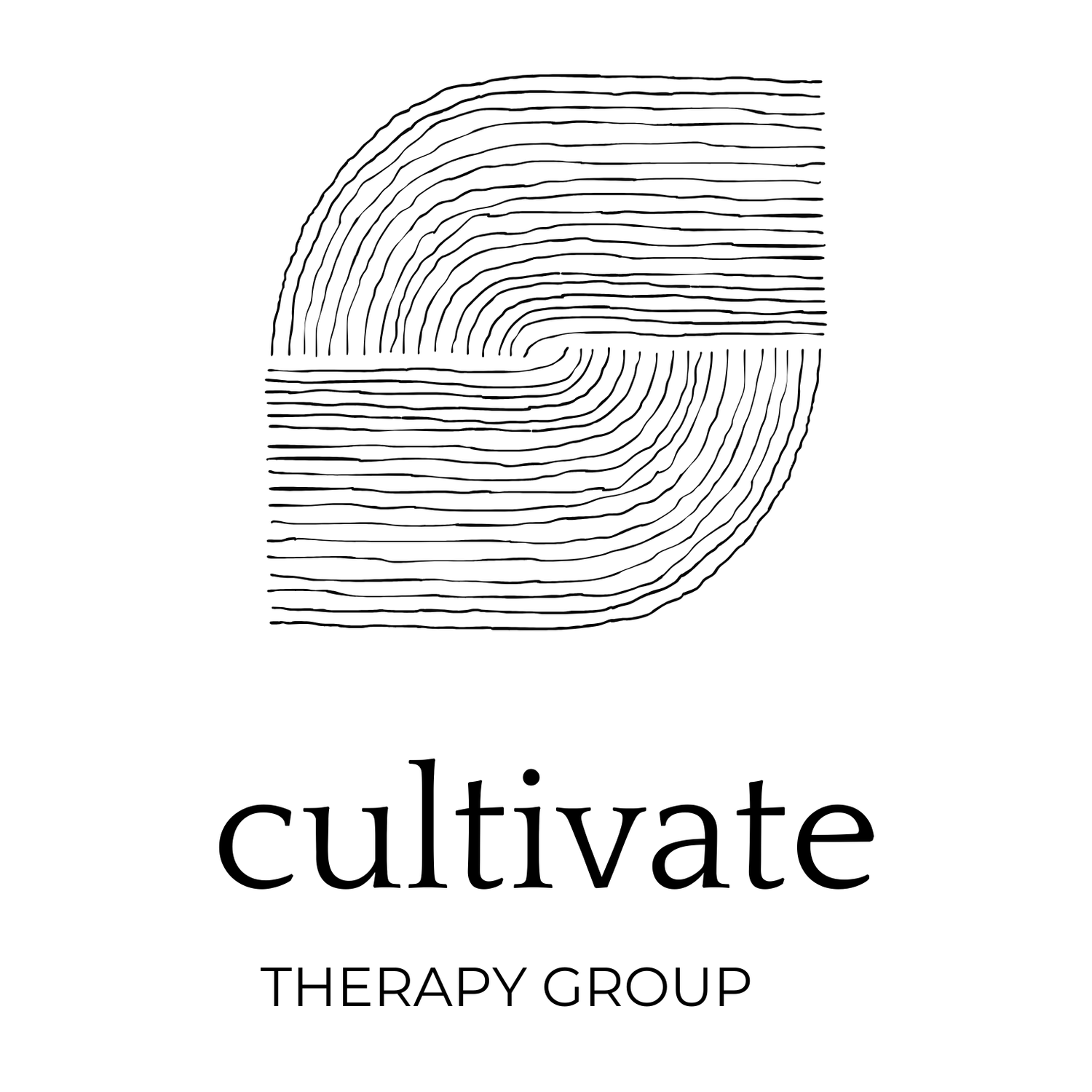Disclosure After Infidelity
There is often a mixed reaction when we talk about a full disclosure - some couples want to race into it, others are scared to face it. Sometimes one party wants it, and the other doesn't. Research shows, however, that 94% of couples that go through the full disclosure process find it to be healing, helpful, and are glad they did it.
Full disclosure is essentially the acting out partner giving a complete account to their spouse/partner of all sexual behaviors from the inception of the relationship and forward. Understandably, this is a very challenging day for both partners. Often the disclosing partner fears the information will hurt their partner, and the partner fears they may regret hearing information that they cannot unhear. Despite these potential risks, there are many benefits.
Often partners of sex addicts will experience staggered disclosure, bits and pieces of information gathered over time, either from an addict self-disclosing or being caught. Usually the information is spoken as if it's the full truth, so when more information comes along, it can be all the more traumatizing. This leaves the partners feeling uncertain if there is more information hidden and fearful of trusting again. Yet many partners need to know the full truth in order to move forward in healing the relationship. Therapeutic disclosure helps reduce that fear by creating a safe space to hear all of the acting out behavior in one setting. This is a painful day, yet the structure helps contain the trauma into one setting rather than being re-traumatized with each staggered disclosure.
Though there may be some trepidation approaching disclosure day, the disclosing partner often reports feeling a sense of relief in having all of the secrets and information clearly out in the open. By bringing the secrets into the light, shame can dissipate and recovery can continue. The full disclosure is an important step that allows the couple to put secrets to rest, share the same information, and work through the pain to move forward.
I carefully walk couples through the disclosure process in three parts: Full Disclosure, Emotional Impact Letter, & Emotional Restitution Letter. In future blogs we'll talk more about what the next steps entail.
If you think a full disclosure may be helpful in your journey, reach out today to get started!
For more information on therapeutic disclosure, check out:
Disclosure Part II - Emotional Impact Letter

